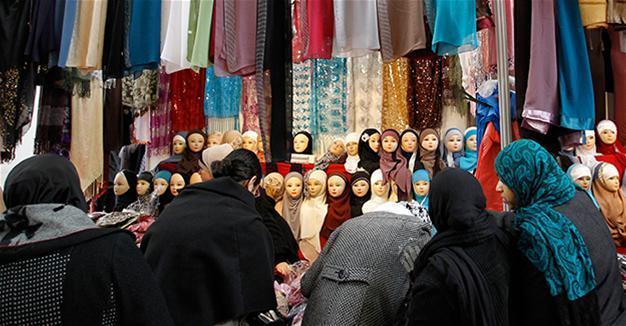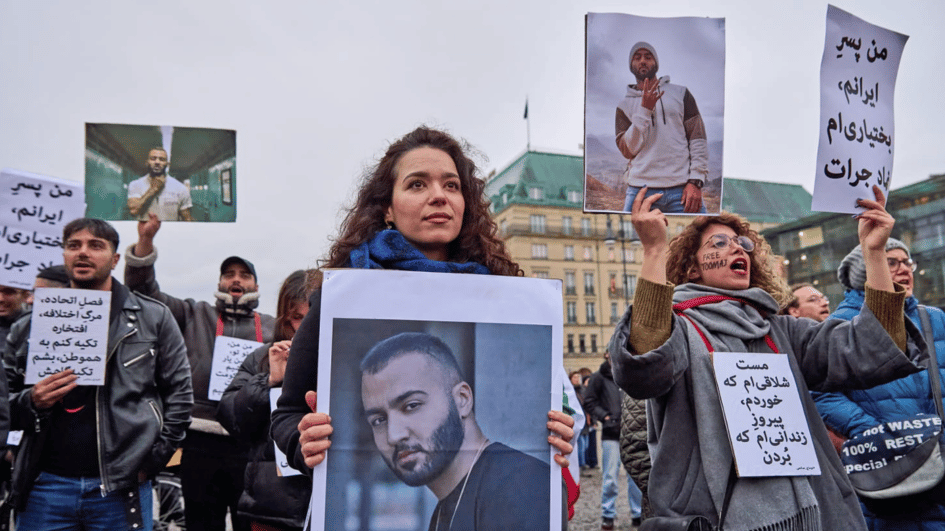Ankara to provide legal support to Turkish citizens in France, Belgium after ECJ headscarf decision
Oya Armutçu – ANKARA

AP photo
Turkey will provide legal support to Turkish citizens living in France and Belgium after the European Court of Justice (ECJ) ruled that European firms can ban employees from wearing religious or political symbols, including the Islamic headscarf.The Foreign Ministry and the Justice Ministry decided to inform Turkish citizens abroad about the ruling, vowing to provide legal support to them when necessary.
A lawyer will be assigned free of charge if a person is fired due to wearing headscarf, Justice Ministry sources told daily Hürriyet on March 16. They added that the citizen in question will be able to benefit from legal aid via Turkish consulates in such cases.
Turkey conducts legal in coordination with the embassies and consulate generals for citizens living abroad, including the United States, France, Germany and the Netherlands.
The ECJ ruled on March 14 that it does not constitute “direct discrimination” if a firm has an internal rule banning the wearing of “any political, philosophical or religious sign.”
The Luxembourg-based court was considering the case of a Muslim woman fired by the security company G4S in Belgium after she insisted on wearing a headscarf.
Speaking about the court’s decision, Justice Minister Bekir Bozdağ described it “as a shame.”
“The ECJ has made a decision that ignores and violates all human rights agreements, EU values and universal law. It should be known that the ban on headscarves with a written work rule is a clear violation of human rights, freedom of religion and conscience, and the right to work,” Bozdağ wrote on his Twitter account on March 15.
“This prohibitive ruling of the ECJ is the destruction of freedom of religion and conscience, human rights and EU values. Some people may catch the diseases of extremism such as racism, discrimination, Islamophobia and xenophobia, and there may be a cure for it. The court responsible for realizing justice and rights should do so regardless of the conditions of those who have caught those diseases,” he added.
Saying people should not be forced to choose between their religion and their work, Bozdağ added said the aforementioned practice is “primitivism, oppression and the slaughter of law and human rights.”
“It is seen that the Belgian court and the ECJ have caught the extremism disease, have moved away from human rights, and are stuck in primitivism. They have caught the extremism disease on the rise in Europe and given up on rights and justice. It’s such a shame,” he also said.
















